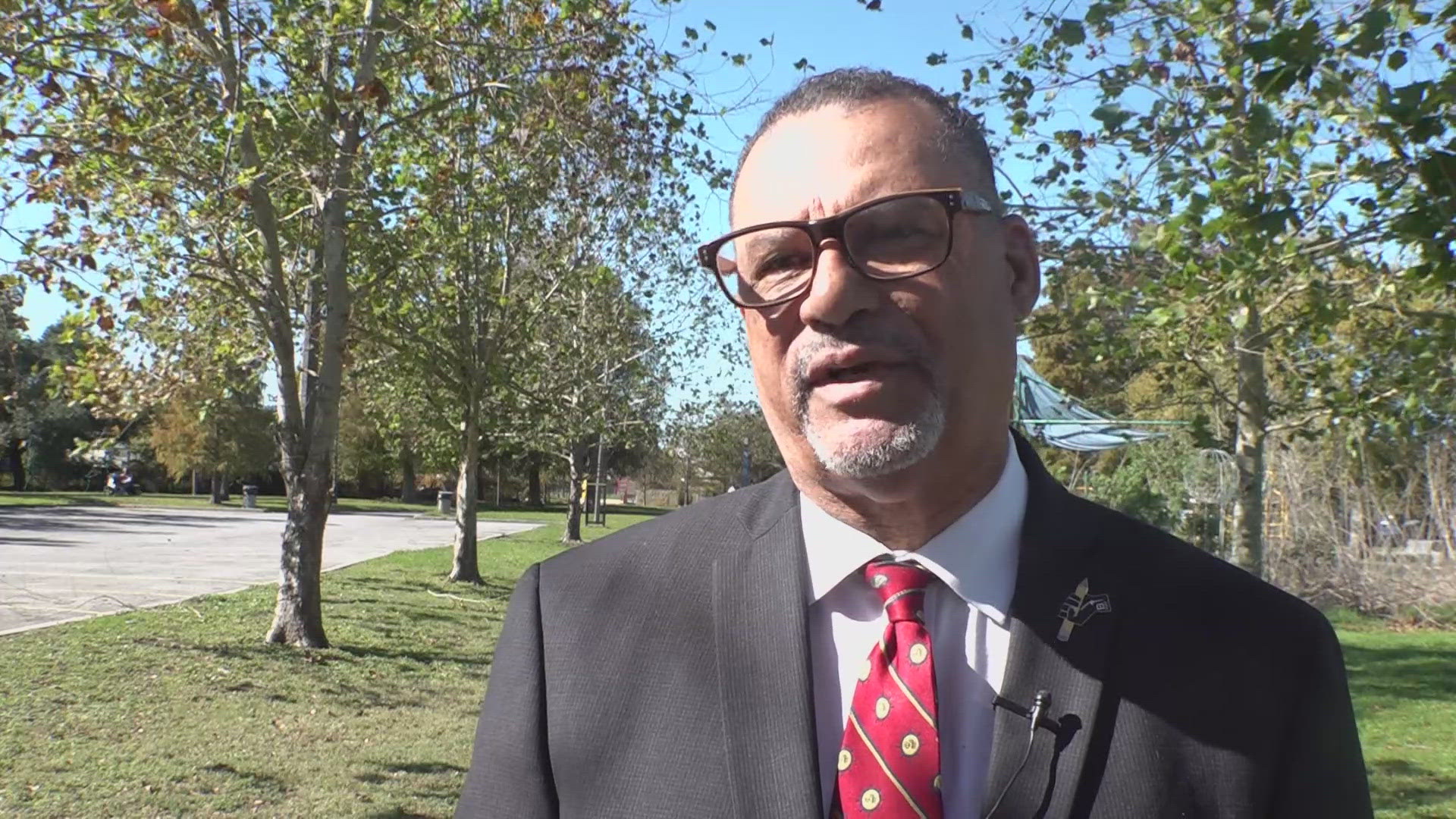BATON ROUGE, La. — The Associated Press and NOLA.com contributed to this report
Tens of thousands of Ten Commandments posters will soon be in every public classroom in the State of Louisiana from kindergarten through college classrooms after Governor Jeff Landry signed the bill into law Wednesday.
While the bill became law upon Landry's signature, the law itself says the displays must be in place at the start of 2025.
The move was quickly challenged by the American Civil Liberties Union which quickly pledged to file suit alleging a violation of the separation of church and state.
The organization said that HB 71 is an "unconstitutional religious coercion of students, who are legally required to attend school and are thus a captive audience for school-sponsored religious messages."
The bill states that the Ten Commandments in each classroom should be poster-sized in "large, easily readable font." It was part of a slew of bills that Landry backed and signed into law to overhaul how education is handled in the state.
NOLA.com says that as recent as this past weekend, Governor Landry was touting the first-of-its-kind legislation at a Republican fundraiser in Tennessee, saying it was a victory in the "culture wars" and bragging that he "can't wait to be sued."
HB 71 also would allow, but not require, the placement of other historical documents in the classroom.
Legal battles over the display of the Ten Commandments in classrooms are not new.
In 1980, the U.S. Supreme Court ruled that a similar Kentucky law was unconstitutional and violated the establishment clause of the U.S. Constitution, which says Congress can “make no law respecting an establishment of religion.” The high court found that the law had no secular purpose but rather served a plainly religious purpose.
The legal challenge could reach the Supreme Court of the United States, which has a 6-3 conservative majority.



